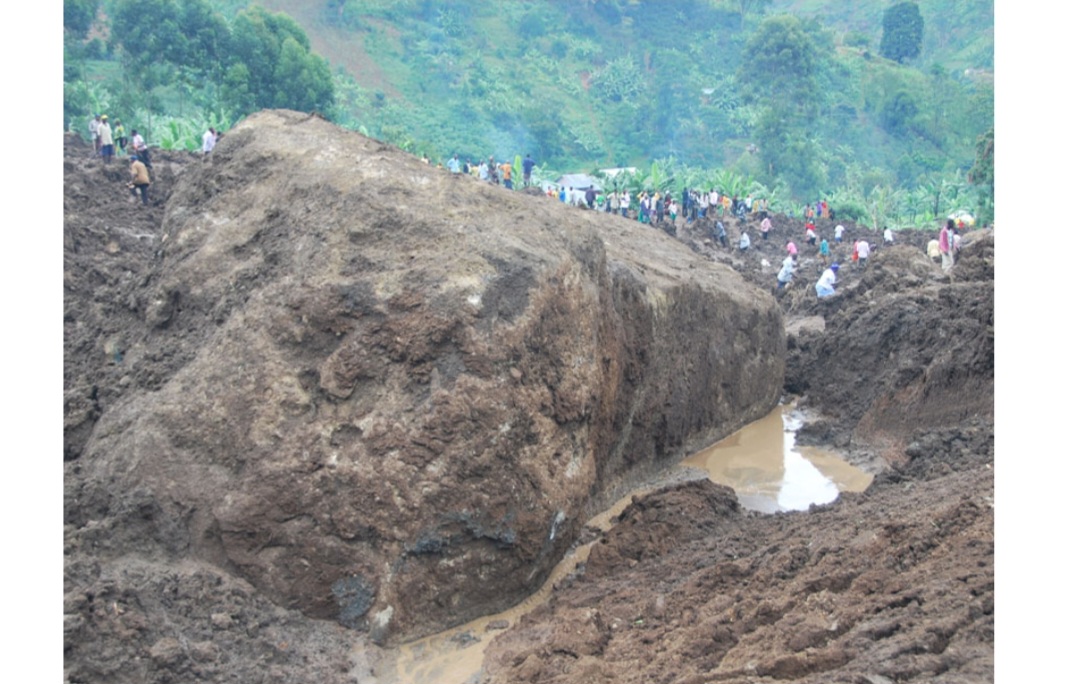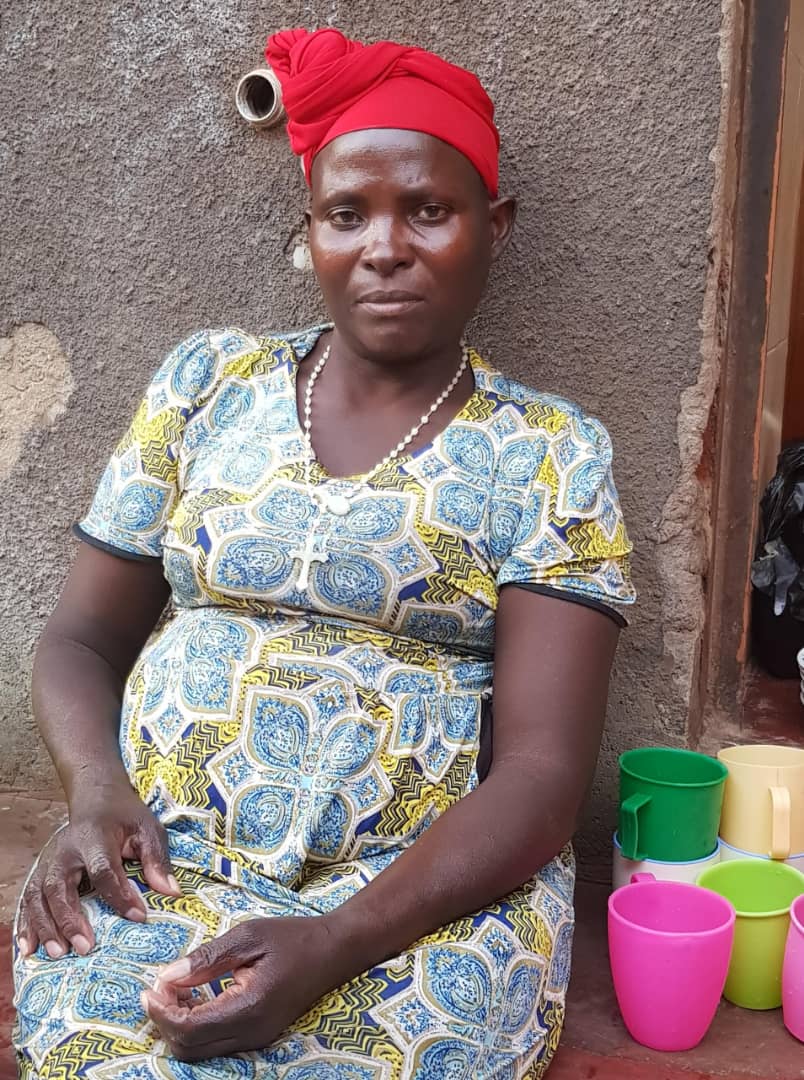For close to a decade, heavy rains have triggered landslides and mudslides that not only damage crops and cattle, but also claim the lives our people. Uganda has witnessed an alarming increase in both landslides and floods triggered by climate change and unsustainable land management practices
Elgon region located in the Eastern Part of Uganda has frequently witnessed a number of landslides in Bududa district in March 2010 which claimed lives of over 400 people and displaced about 5000 people. In Bulambuli district, a landslide occurred on 26th May 2023 killing about five people and displacing over 200 people.
Landslides, often triggered by heavy rainfall, deforestation, and improper land use, pose significant threats to both human lives and infrastructure. Similarly, floods, fuelled by rising sea levels and weather patterns, devastate homes, disrupt economies, and displace millions annually.
Unfortunately, as these natural disasters continue to occur in communities every year they seem to be ignored by responsible stakeholders. However, as a nation it is important to analyze the causes and implement sustainable solutions to mitigate the occurrence rate of these disasters.
According to recent studies from the Research Gate ,aabsence of drainage systems, steep slopes and changes of the land cover continue fueling the potential possibility for new landslides in the future and unless decisive action is taken, the situation is likely to worsen.
Elgon being a very fertile area needs urgent action from stakeholders especially the government to consider supplying the natives with seedlings for growing trees .These natural barriers play a crucial role in regulating water flow, reducing soil erosion, and stabilizing slopes, thus mitigating the risk of landslides and floods.
Community engagement and education also play a vital role in building resilience against landslides and floods. By raising awareness about the importance of sustainable land management practices ,practicing mixed farming and early warning systems to sensitize communities in case of any possible landslide, communities can better prepare for and respond to these disasters.
Furthermore, the government should consider adopting resilient infrastructure design. This includes adopting measures such as green roofs, permeable pavements, and decentralized drainage systems to enhance water absorption
In conclusion, the need for sustainable solutions to address landslides and floods has never been more urgent, Governments, environmental organizations, and communities must prioritize sustainable land management practices to safeguard against these threats.
Do you have a story in your community or an opinion to share with us: Email us at Submit an Article









